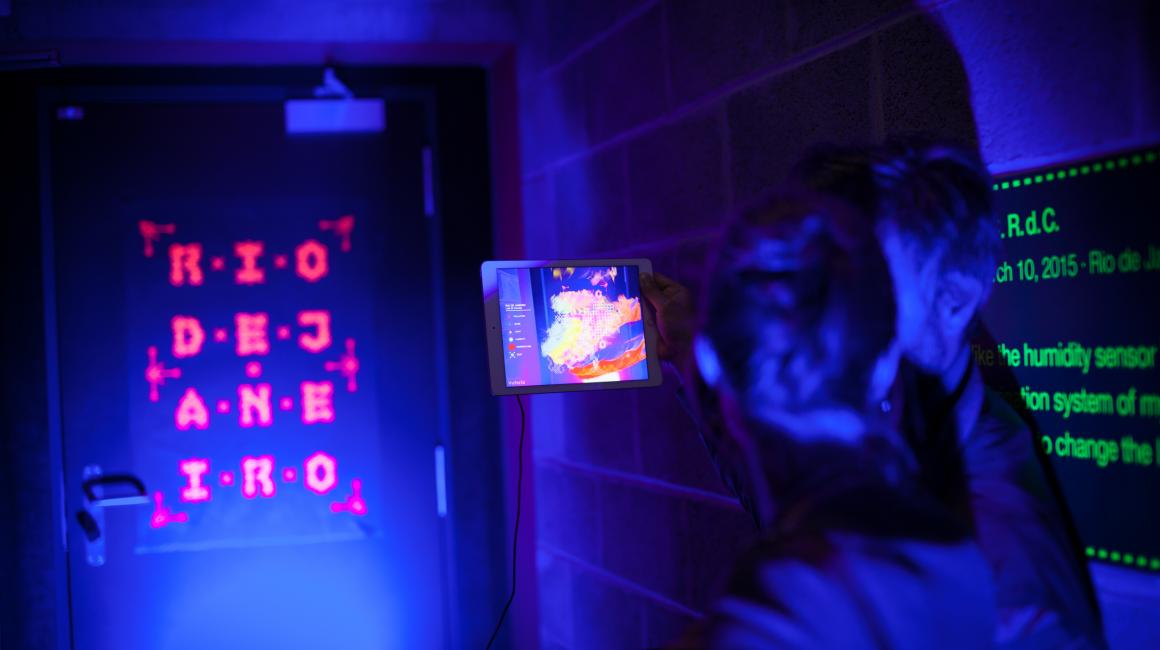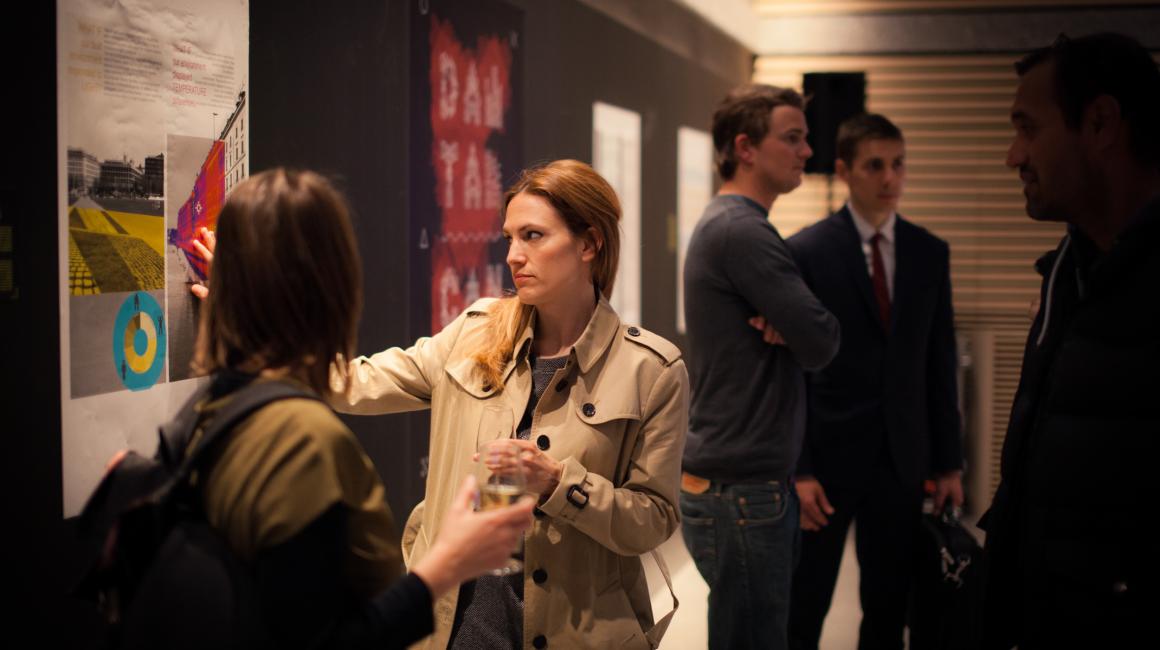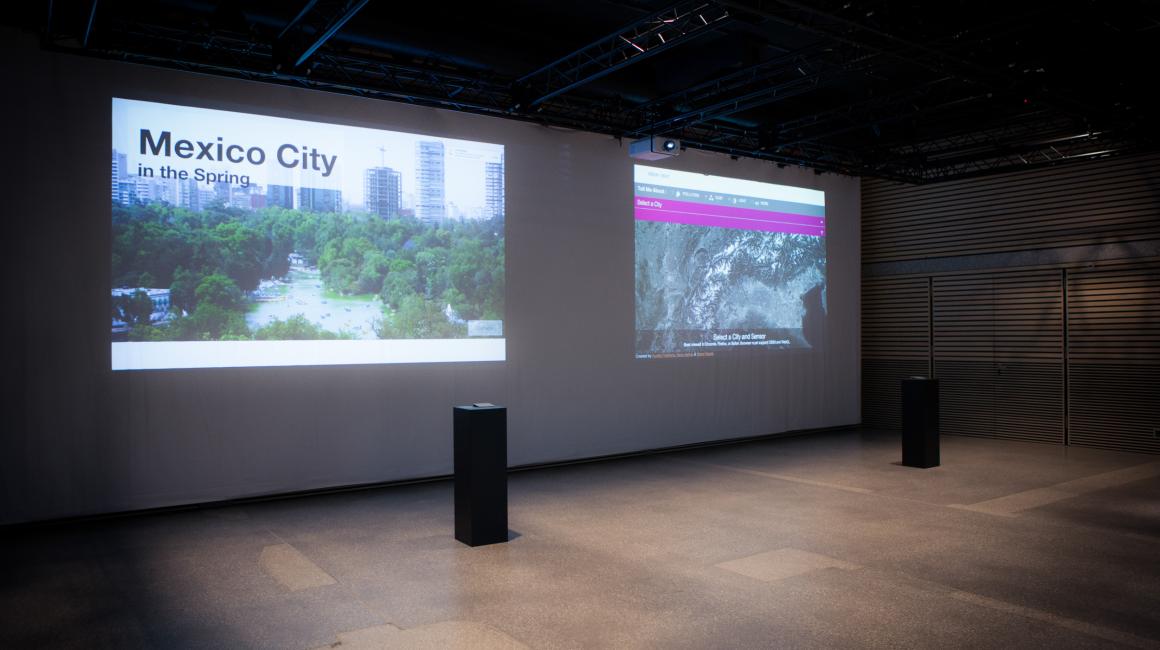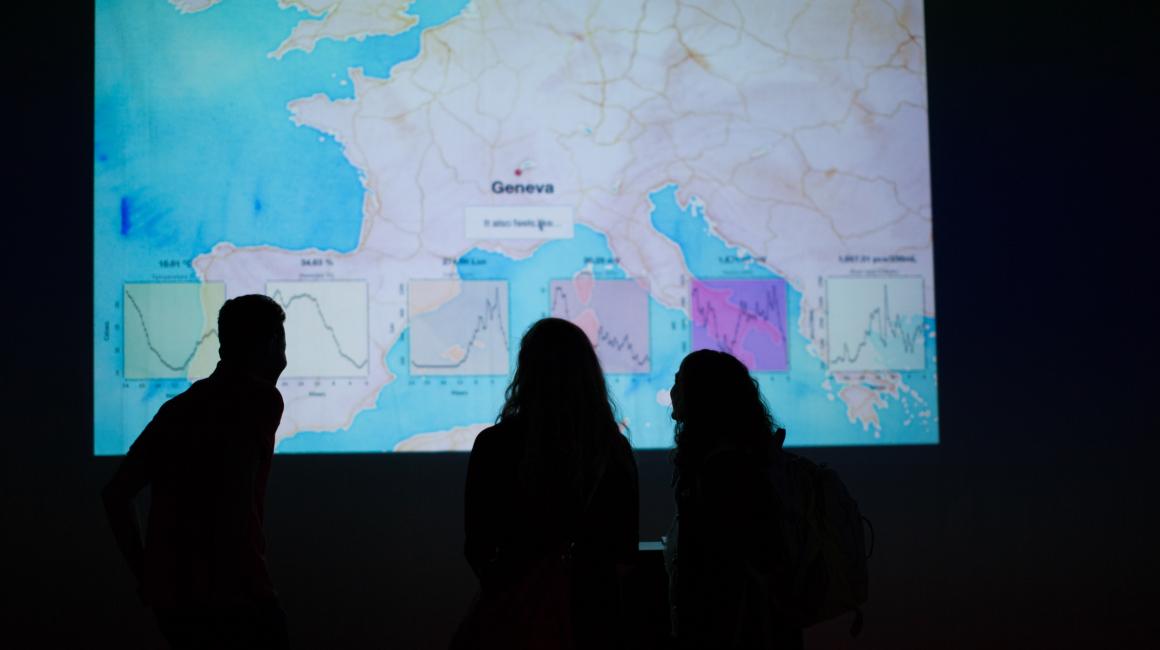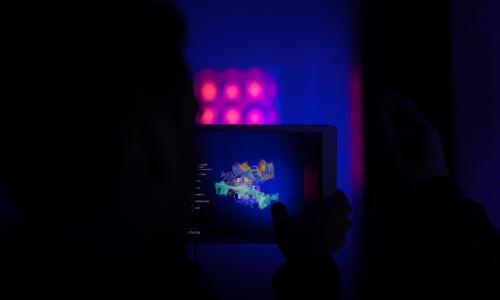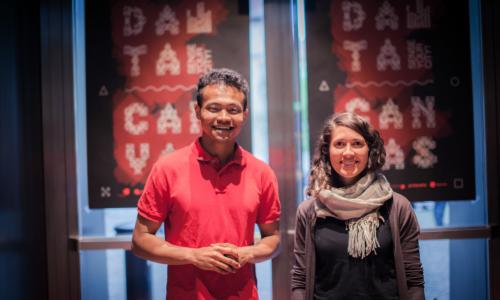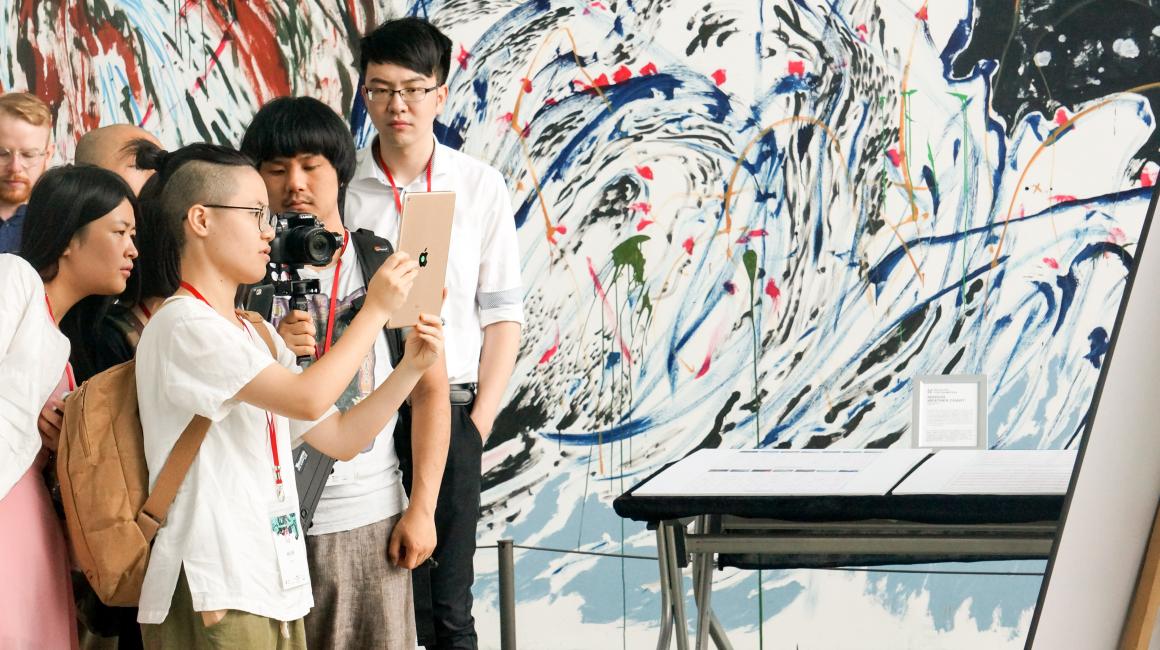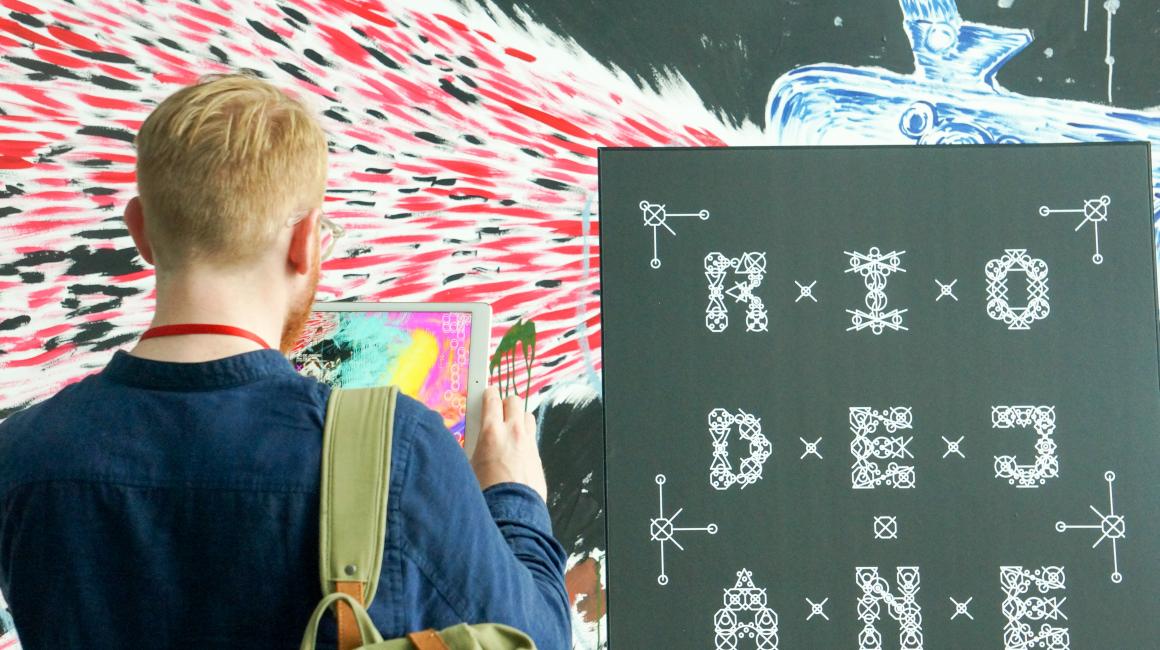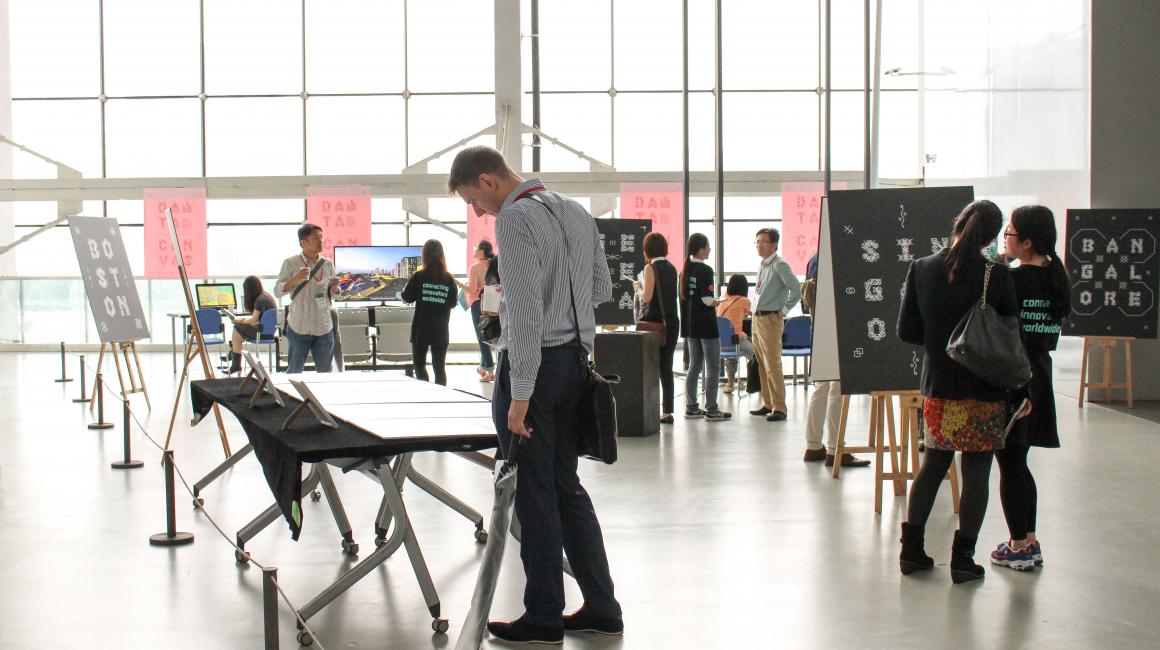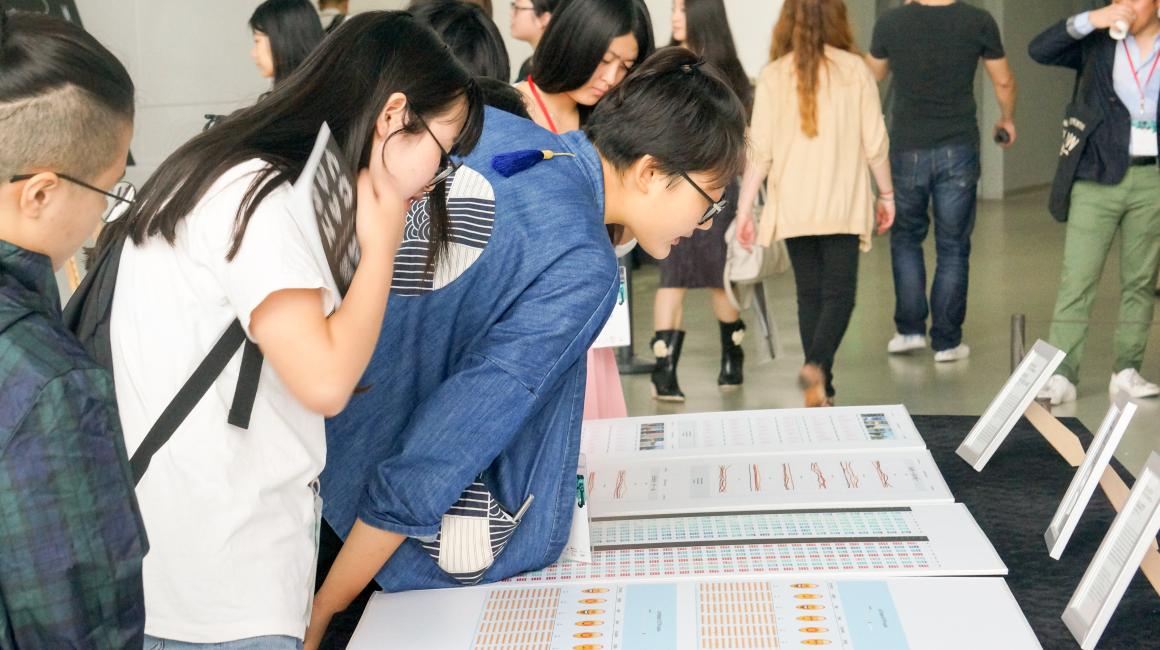After 10 weeks of a competition launched at Lift15, we have received 34 amazing submissions from 62 creators around the world. Our international jury rated each one of them based on various criteria such as Creativity in Storytelling or Data Literacy and helped us make our decision.
Sonic Particles 2.0 by Kasper Fangel Skov (Copenhagen, Denmark) is awarded the Lift Grand Prize. Kasper is taking home $3,000 to cover transportation costs and an all-access pass to Lift events for one year. We look forward to welcoming you and introducing you to our community!
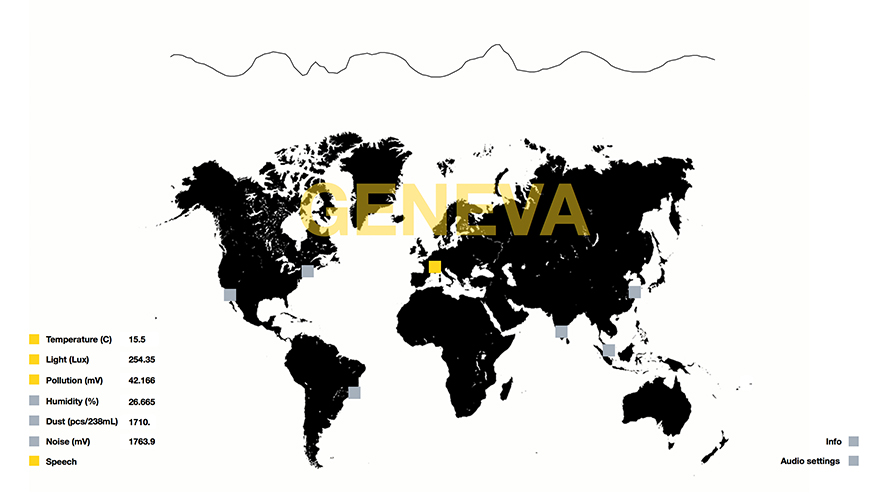
Urban Heartbeat by Aurelia Frieland, Srivinas Ashok & Steve Pepple (San Francisco, USA) wins the Gray Area Art + Technology Grand Prize, consisting of a Creative Code Fellowship at Gray Area, $3,000 cash & $3,000 of Creative Code Classes. Well done!
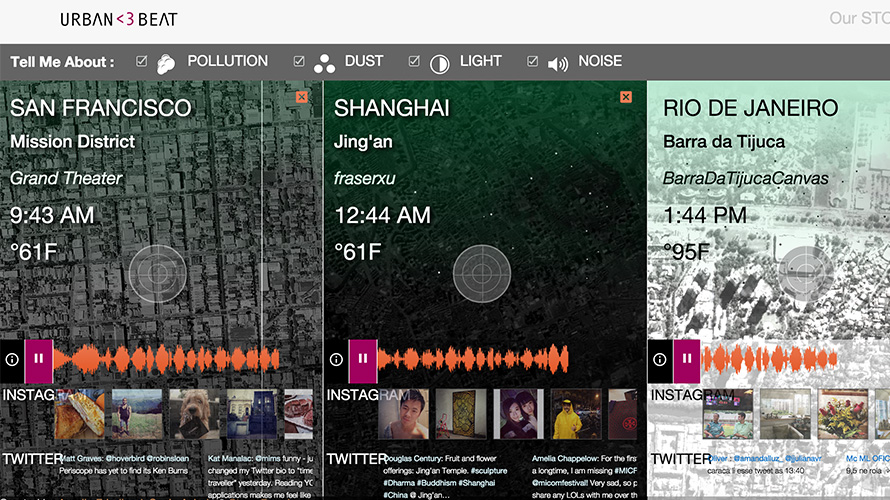
It Feels Like by Lanke Frank, Tarimo Fu, Danielle Griego, Nikola Marinčić & Jorge Orozco | ETH (Zurich, Switzerland) receives the swissnex San Francisco Grand Prize. This Swiss team will benefit from $3,000 to cover the cost of a trip to one of the seven participating cities in Sense Your City and an exclusive access to the swissnex team there. Very proud of this great Swiss project!
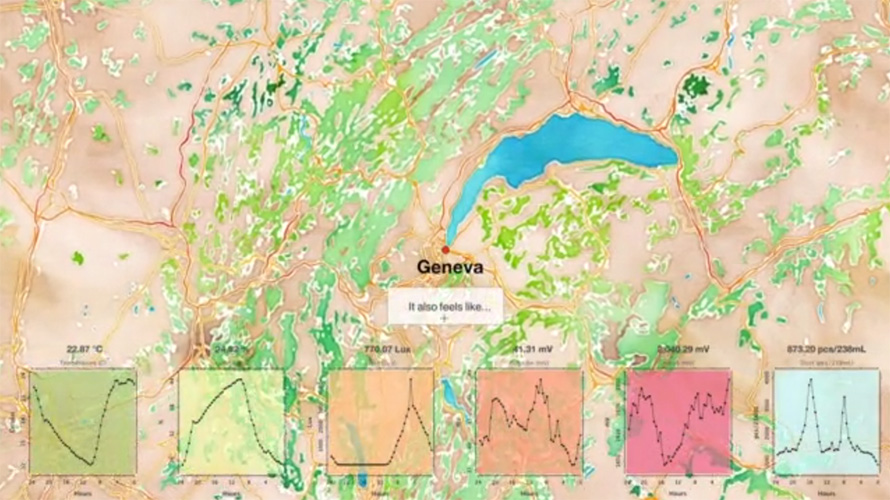
3 more projects receive a special Maker price of $500 each in Seeed Studio vouchers and 8 are selected for online and offline exhibition.
Go and check out all of these great projects on the official website, and come see them in action at the exhibition in Geneva from April 28 to May 6. More information to come soon!

